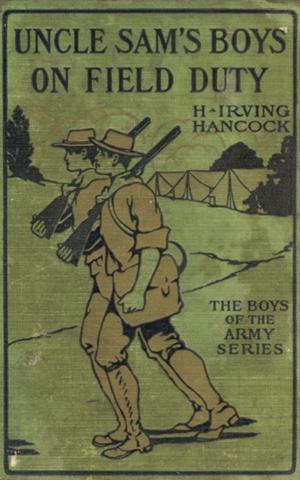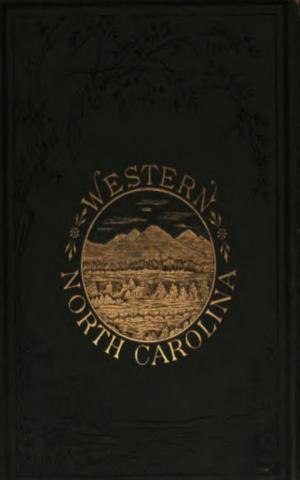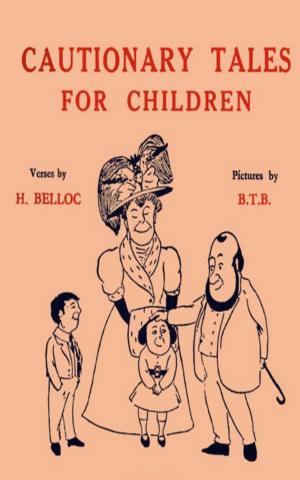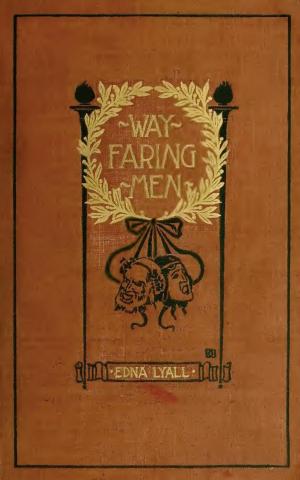| Author: | William Clark Russell | ISBN: | 9783736419353 |
| Publisher: | anboco | Publication: | June 25, 2017 |
| Imprint: | Language: | English |
| Author: | William Clark Russell |
| ISBN: | 9783736419353 |
| Publisher: | anboco |
| Publication: | June 25, 2017 |
| Imprint: | |
| Language: | English |
In a period of English history which graybeards call the good old times—the fine old times; that is to say, when Parliament was horribly corrupt, and the Poor Laws as barbarous as the Inquisition; when it took fifteen hours to go from London to Dover; and when at least one-half of the conveniences which we now very reasonably call the necessities of life had no existence—Southbourne was a small straggling village, and, by reason of the quaint and primitive aspect of its houses, something, even in those good old times, like an anachronism on the face of the land. What is now a well-looking street, fairly paved, and decorated with a number of showy shop-windows, was then an uneven road, with great spaces of grassy land, dusty and closely nibbled by goats, between the houses; whilst the houses themselves were mostly gable-roofed, with latticed windows, which served excellently to exclude the light, and which gave a blank and lack-lustre look to the edifices, as though they were weary to death of the view over the way. [2] Yet, in spite of its architectural deformities, Southbourne was such a place as would weave its homely interests about a man's heart, and be present to his mind when gay and splendid scenes were forgotten. At the very entrance of the village, as you went into the street out of the dusty London Road, stood the King's Arms Inn, a long, low-built, white-faced tavern, with a great sign-board hung flagwise over the doorway, which, when the wind was fresh, would swing with hoarse outcries, as though urging the distant wayfarer to make haste and enjoy the welcome that was to be obtained, for a few pence, from the stout, well-fed host who presided within. Opposite this tavern stood a decent farmhouse, its thatched roof black with time, begirt with walls and palings, within which, when the harvest moon was high, great stacks of hay would rear their gold-coloured sides, and make the air as sweet as the smell of new milk.
In a period of English history which graybeards call the good old times—the fine old times; that is to say, when Parliament was horribly corrupt, and the Poor Laws as barbarous as the Inquisition; when it took fifteen hours to go from London to Dover; and when at least one-half of the conveniences which we now very reasonably call the necessities of life had no existence—Southbourne was a small straggling village, and, by reason of the quaint and primitive aspect of its houses, something, even in those good old times, like an anachronism on the face of the land. What is now a well-looking street, fairly paved, and decorated with a number of showy shop-windows, was then an uneven road, with great spaces of grassy land, dusty and closely nibbled by goats, between the houses; whilst the houses themselves were mostly gable-roofed, with latticed windows, which served excellently to exclude the light, and which gave a blank and lack-lustre look to the edifices, as though they were weary to death of the view over the way. [2] Yet, in spite of its architectural deformities, Southbourne was such a place as would weave its homely interests about a man's heart, and be present to his mind when gay and splendid scenes were forgotten. At the very entrance of the village, as you went into the street out of the dusty London Road, stood the King's Arms Inn, a long, low-built, white-faced tavern, with a great sign-board hung flagwise over the doorway, which, when the wind was fresh, would swing with hoarse outcries, as though urging the distant wayfarer to make haste and enjoy the welcome that was to be obtained, for a few pence, from the stout, well-fed host who presided within. Opposite this tavern stood a decent farmhouse, its thatched roof black with time, begirt with walls and palings, within which, when the harvest moon was high, great stacks of hay would rear their gold-coloured sides, and make the air as sweet as the smell of new milk.















